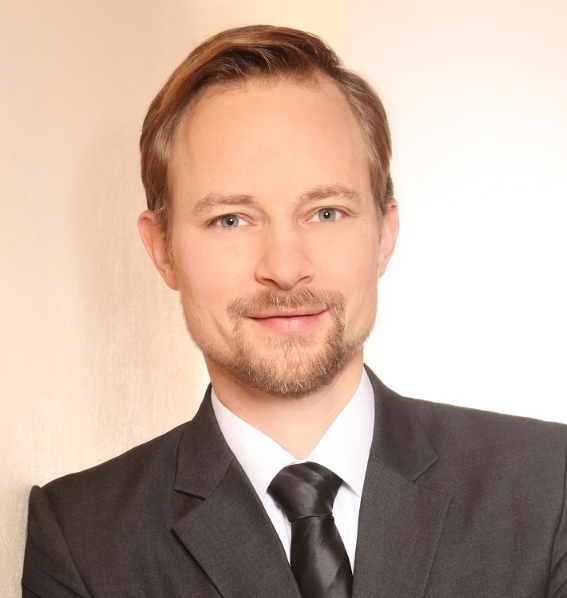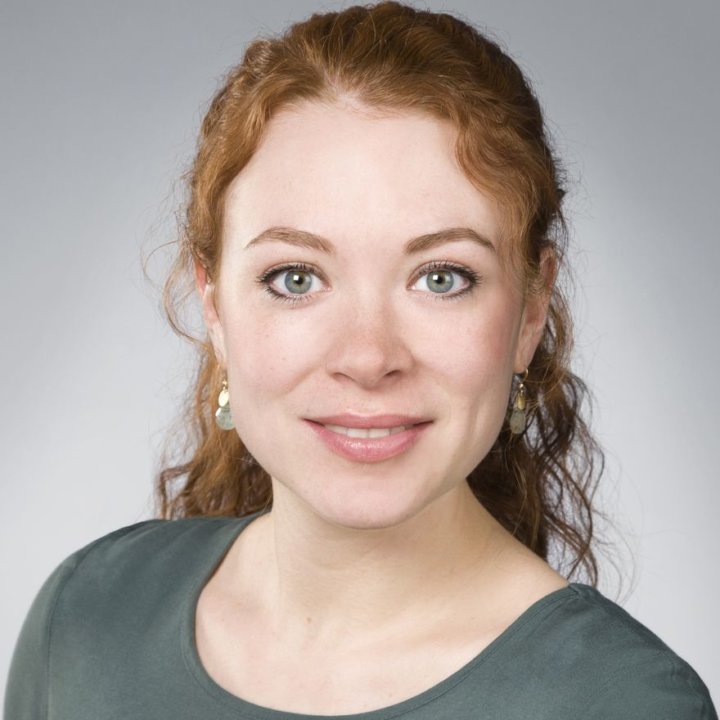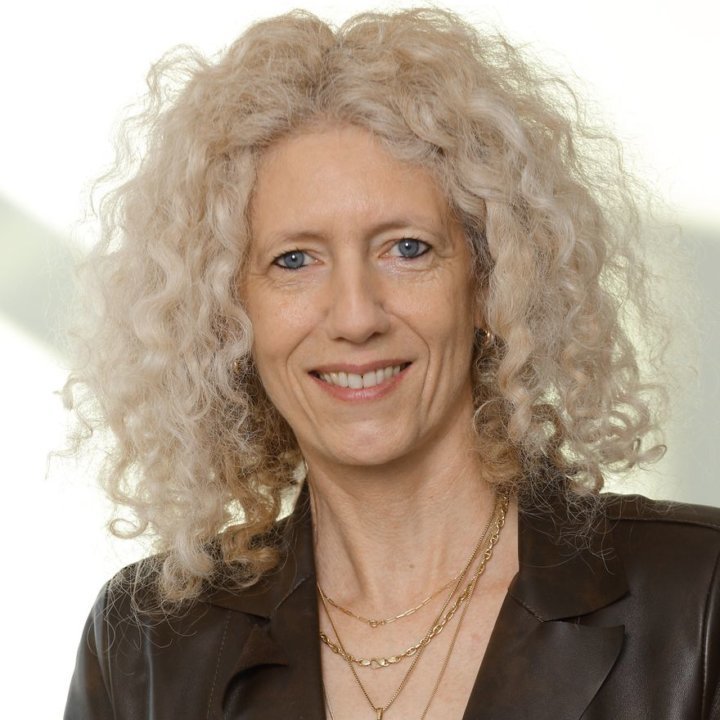Bernhard Schölkopf's scientific interests are in machine learning and causal inference. He has applied his methods to a number of different fields, ranging from biomedical problems to computational photography and astronomy. Bernhard has researched at AT&T Bell Labs, at GMD FIRST, Berlin, and at Microsoft Research Cambridge, UK, before becoming a Max Planck director in 2001. He is a member of the German Academy of Sciences (Leopoldina), has (co-)received the J.K. Aggarwal Prize of the International Association for Pattern Recognition, the Academy Prize of the Berlin-Brandenburg Academy of Sciences and Humanities, the Royal Society Milner Award, the Leibniz Award, the Koerber European Science Prize, the BBVA Foundation Frontiers of Knowledge Award, and is an Amazon Distinguished Scholar. He is Fellow of the ACM and of the CIFAR Program "Learning in Machines and Brains", and holds a Professorship at ETH Zurich.
Bernhard co-founded the series of Machine Learning Summer Schools, and currently acts as co-editor-in-chief for the Journal of Machine Learning Research, an early development in open access and today the field's flagship journal.
© Foto: Herlinde Koelbl






